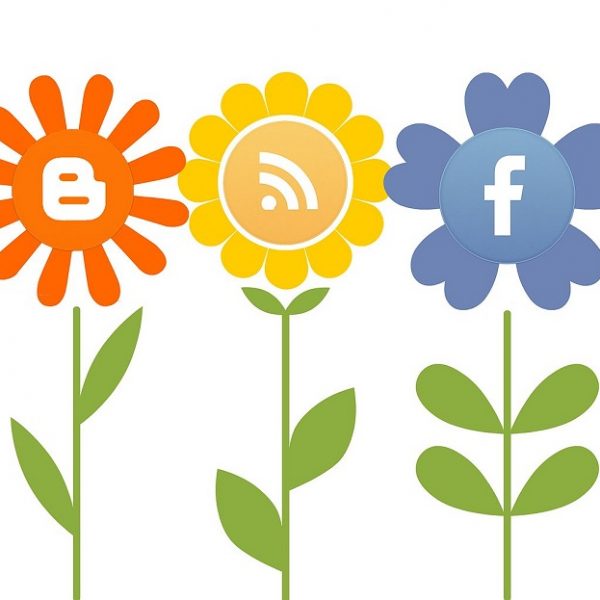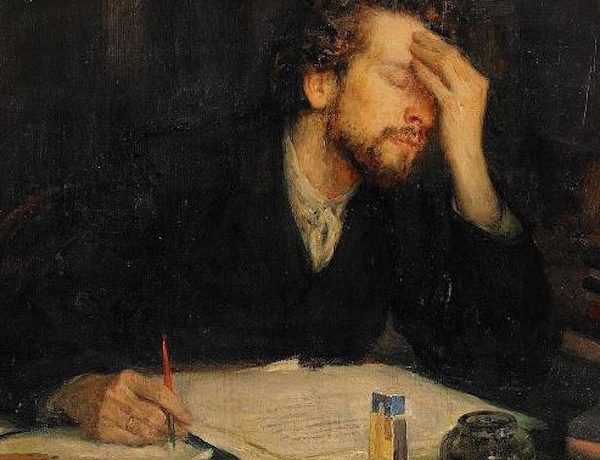Boys Will Be Boys—So They’re All the Same?
 Everyone has to grow up sometime. The always accompanying question is: how? From birth, we are set on different developmental paths, most outwardly distinguished by gender. But somehow this idea seems overly simplified to explain individual experience. Boys will be boys; girls will be girls, but does that make them the same? What is normal? Writing in his book Boyhoods: Rethinking Masculinities, Ken Corbett notes:
Everyone has to grow up sometime. The always accompanying question is: how? From birth, we are set on different developmental paths, most outwardly distinguished by gender. But somehow this idea seems overly simplified to explain individual experience. Boys will be boys; girls will be girls, but does that make them the same? What is normal? Writing in his book Boyhoods: Rethinking Masculinities, Ken Corbett notes:
Masculinity is a complex pattern. Boyhood is a chaotic dynamism. The terms boyhood and masculinity signify our efforts to catalogue the experience of a group of people, in this case male children from birth to full growth. Boyhood also strives to capture and categorize the gender pattern called masculinity, and more precisely the development of masculinity. Categorical speech though, always fails; someone always falls out. No two boyhoods are the same. No one boy remains invariable.
The ubiquitous term faggot, which Corbett describes as the “all-purpose putdown”, drives boys away from a sense of shared experience, and he is interested in its use to signify failure and loss in moments of rivalry between boys (think only of how often we use “FAIL” and “Loser” as substitutions in everyday situations). Boys, who are often encouraged to be “big and winning”, find themselves seeking these glories and distinguishing themselves by degrading others, identifying the difference between success and failure as a measure of sexuality. The connection is not accidental, and the intensity behind the language can become so intense that the slur is directed almost indiscriminately towards another seen to be in competition, regardless of age, whether a therapist, a classmate, a brother, even a father or another parental figure. But Corbett cautions that in using this tactic as a defense, “boys are too often simply taken for their defensive face value (‘boys will be boys’),” but further discussing that “when unmet, [these defenses] have the potential to shape particular power relations, such as misogyny and homophobia, that produce and promote a them-us traumatic split or divide—one that often haunts the psychic lives of men.”
How these early experiences shape male development and sense of self is the subject of Corbett’s book. After reading, perhaps we should all be more careful to only throw rocks at the stupid boys, however the quality is so deemed.



